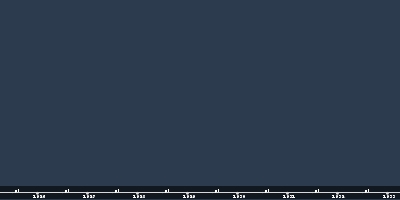jan 1, 1895 - Guerilla war against Spanish rule begins in Cuba
Description:
Events in the Caribbean presented the United States with major opportunities. In 1895, Cuban patriots mounted a major guerrilla war against Spain, which had lost most of its other New World territories but continued to rule Cuba. The Spanish commander responded by rounding up Cuban civilians into concentration camps, where as many as 200,000 died of starvation, exposure, or dysentery. In the United States, “yellow journalists” such as William Randolph Hearst turned their plight into a cause célèbre. Hearst’s coverage of Spanish atrocities fed a surge of American nationalism, especially among those who feared that industrialization was causing men to lose physical strength and valor. The government should not pass up this opportunity, said Indiana senator Albert Beveridge, to “manufacture manhood.” Congress called for Cuban independence.President Cleveland had no interest in supporting the Cuban rebellion, and many of his Democratic supporters were leery of expansions of federal military power. Cleveland worried over Spain’s failure to end the conflict, however, since the war disrupted trade and damaged American-owned sugar plantations on the island. Moreover, an unstable Cuba was incompatible with U.S. strategic interests, including a proposed canal whose Caribbean approaches had to be safeguarded. Flush with victory in 1897, new Republican President William McKinley took a more aggressive stance than his predecessor. In September, a U.S. diplomat informed Spain that it must ensure an “early and certain peace” or the United States would step in. At first, this hard line seemed to work: Spain’s conservative regime fell, and a liberal Spanish government, taking office in October 1897, offered Cuba limited self-rule. But Spanish loyalists in Havana rioted against the proposal, while Cuban rebels held out for full independence.
Added to timeline:
Date:
jan 1, 1895
Now
~ 130 years ago
